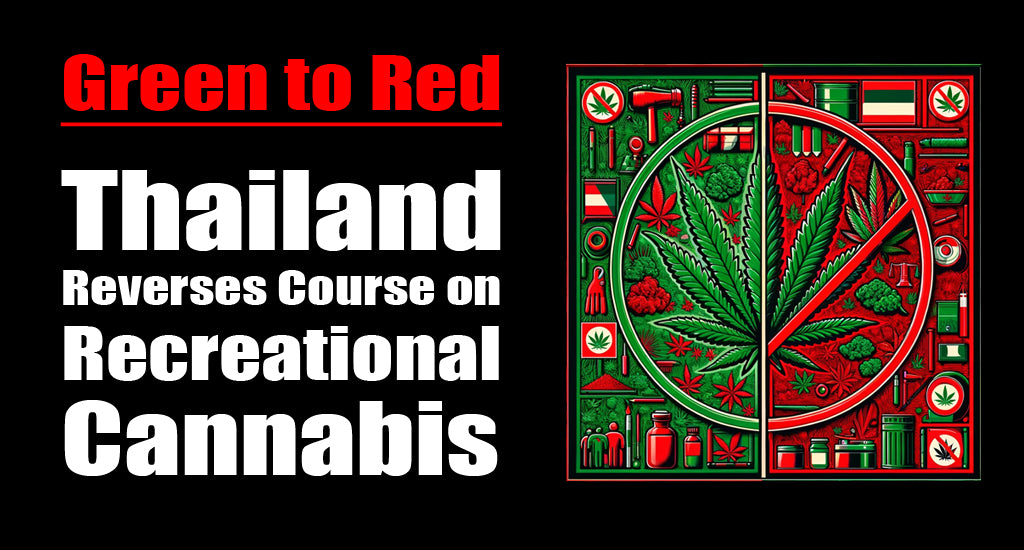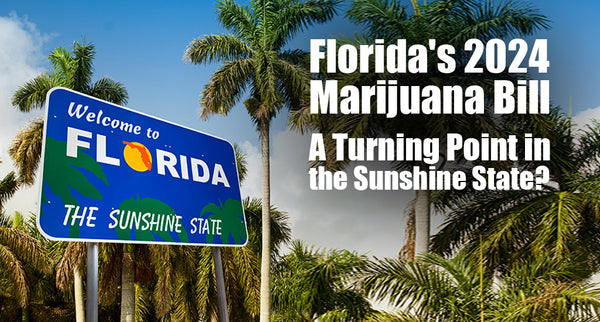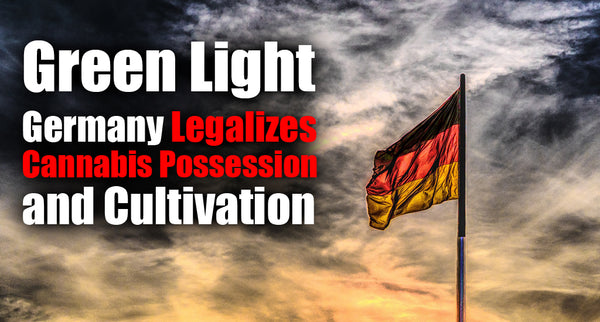
Green to Red: Thailand Reverses Course on Recreational Cannabis
In June 2022, Thailand became the first Asian country to decriminalize cannabis, a bold move in a region known for stringent drug laws. This decision allowed the growth and marketing of marijuana and hemp products and the use of plant parts for treating diseases.
The country saw a surge in cannabis-related businesses, from dispensaries to cafes, spas, and even marijuana festivals. However, a recent shift in government policy has led to a proposed bill to ban recreational cannabis use, marking a significant reversal of the previous stance.
Historical Perception of Marijuana in Thailand
In Thailand, marijuana's history is deeply interwoven with traditional practices, extending far beyond its contemporary perception as a recreational drug. Historically, cannabis was utilized in various forms in Thai culture, predominantly for medicinal and culinary purposes. Rural communities particularly valued its therapeutic properties, employing it to alleviate pain and other health conditions. Marijuana was not just a plant; it was a part of daily life, seamlessly integrated into the fabric of traditional Thai society.
The plant's cultural significance also extended to religious and spiritual practices, often used in rituals and as a natural remedy by local healers. This traditional viewpoint significantly differed from the Western perspective, which often stigmatized marijuana use.
However, in the latter half of the 20th century, global shifts in drug policy, heavily influenced by the United States' war on drugs, pressured Thailand into adopting stringent anti-cannabis laws. This marked a dramatic turn from its historic status, transforming marijuana from a culturally accepted substance to one of controversy and legal restriction. The shift not only changed the legal landscape but also altered the societal perception of cannabis, overshadowing its historical roots in Thai culture..
Decriminalization and Its Impacts
Thailand's cannabis landscape underwent a dramatic transformation with the 2022 decriminalization. This shift sparked a green rush, ushering in an era of unprecedented growth in the cannabis sector. Cities like Bangkok and Chiang Mai quickly emerged as epicenters of this burgeoning industry, with a vibrant array of cannabis-themed businesses blooming almost overnight. From chic dispensaries showcasing a wide variety of strains to trendy cafes serving up cannabis-infused treats, the country embraced this new green wave with open arms.
This wasn't just about dispensaries and cafes, though. The country witnessed a cultural renaissance around cannabis, with spas offering hemp-based treatments and festivals celebrating the plant in all its glory. These festivals became not just local attractions but also international hotspots, drawing in tourists keen to experience Thailand's unique and progressive cannabis culture.
In a region known for its stringent drug laws, Thailand's embrace of cannabis was a bold statement. The move was a stark contrast to its neighbors, offering a glimpse of a more progressive approach to cannabis policy. This progressive stance not only diversified Thailand's economic landscape but also repositioned it as a trailblazer in cannabis reform in Asia.
The Proposed Ban on Recreational Use
In a surprising pivot, Thailand's cannabis narrative is taking a sharp turn. Under the leadership of Prime Minister Srettha Thavisin, the Thai government is proposing a bill that puts a hard stop on recreational cannabis use. This bill, rising from concerns about potential drug abuse and addiction, draws a clear line: cannabis for health and medical reasons is okay, but recreational use is off the table.
The proposed legislation is more than just a policy shift; it's a significant tightening of the reins. It introduces steep penalties for those who stray from the medical path, with substantial fines and the looming threat of imprisonment. This move signals a return to a more conservative stance on cannabis, a stark contrast to the progressive wave that swept through Thailand with the decriminalization in 2022.
The Thai government's approach reflects a nuanced understanding of cannabis — recognizing its medicinal benefits while expressing concerns about its recreational use. This dual stance highlights the complexity of cannabis regulation and the delicate balance governments must strike in addressing the multifaceted nature of this plant.
Reasons for Reversal
-
Political and Social Concerns: The government's decision seems influenced by political and societal pressures. Conservative groups and the significant alcohol industry in Thailand have likely opposed the liberal stance on cannabis.
-
Economic Considerations: The thriving cannabis market affected other industries and raised questions about the type of tourism Thailand wishes to attract.
-
Health Concerns: There have been concerns about cannabis leading to substance abuse and its impact on public health.
-
Regulatory Challenges: The rapid growth of the cannabis industry outpaced the development of regulatory frameworks, necessitating legislative adjustments.
-
International Implications: Thailand's position on cannabis also has international ramifications, considering its standing in the Asian market and global drug policies.
Conclusion
Thailand's move to ban recreational cannabis use represents a significant shift in drug policy, raising questions about the balance between progressive drug laws and societal health and safety. While the medical use of cannabis remains legal, the proposed legislation indicates a more cautious approach to its recreational use. This shift could have profound implications for the local economy, tourism, and the global perception of drug policy in Asia.
Leave a comment
Comments will be approved before showing up.



